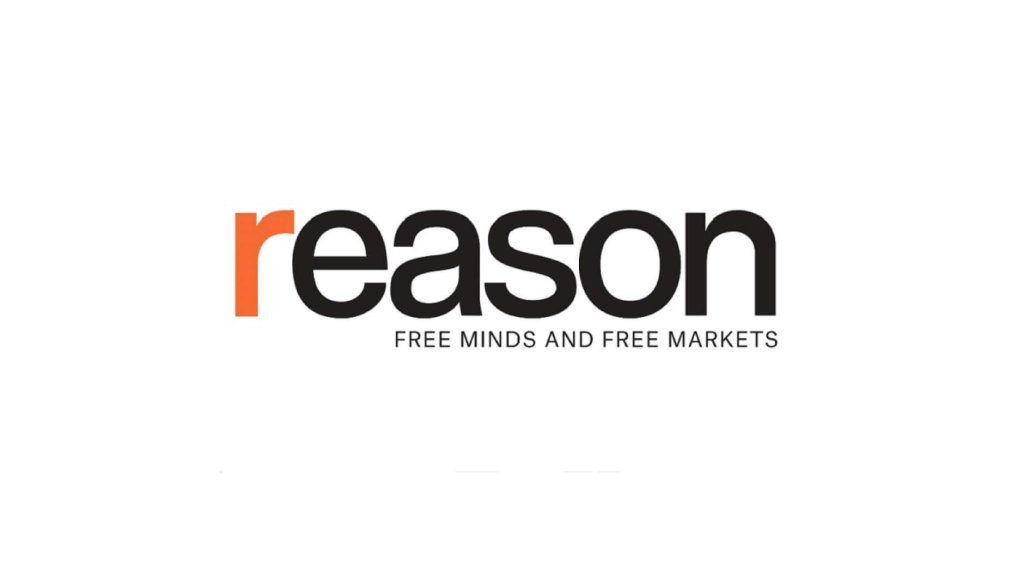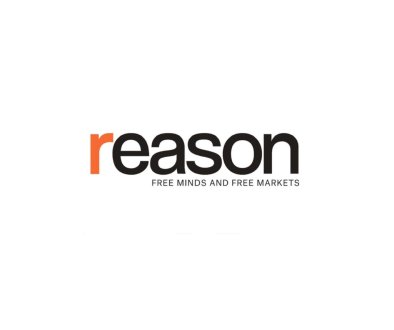Rights and Wrongs of Chief Justice Roberts’ Year-End Report on the Judiciary
Supreme Court Chief Justice John Roberts’ 2024 Year End Report on the Federal Judiciary raises several genuinely serious issues that threaten the judiciary. But it offers little in the way of good solutions. In some cases, Roberts also overlooks ways in which the Supreme Court’s own actions have helped exacerbate the problems he rightly flags.
Roberts highlights “four areas of illegitimate activity that…. threaten the independence of judges on which the rule of law depends: (1) violence, (2) intimidation, (3) disinformation, and (4) threats to defy lawfully entered judgments.” These are all legitimate issues and the Chief Justice is right to call attention to them. But his analysis of them has some notable shortcomings.
When it comes to violence and intimidation, Roberts rightly condemns the significant uptick in identified threats at all levels of the judiciary.” Sadly, the rise of social media has made it easier to make such threats. Most of the people who make threats likely have little or no intention of acting on them. But it is often difficult to tell for sure, and threats of this kind are still painful and disturbing for those who get them. I know that from personal experience. And, as Roberts also points out, practices that stop short of direct violence, such as “doxxing,” can also pose serious dangers.
Unfortunately, Roberts has little in the way of proposals for dealing with these threats. State and federal authorities can increase security for judges, and social media firms could do more to purge threats of violence from their platforms. But it is extremely difficult to truly stamp them out in our modern communications environment.
Moreover, increasing security has its own costs. Unlike the president and some other high-ranking executive officials, most judges live relatively ordinary lives. They aren’t constantly accompanied by security guards, their homes are not fortress-like, and so on. Perhaps that will have to change. But living in a perpetual security bubble has serious downsides. I am not sure what the best approach to the threat of violence and intimidation is. Perhaps more security is needed. But I don’t know how to strike the right balance between that and allowing judges and their families to live generally normal lives.
When it comes to misinformation, Roberts worries that “[d]isinformation, even if disconnected from any direct attempt to intimidate, also threatens judicial independence… At its most basic level, distortion of the factual or legal basis for a ruling can undermine confidence in the court system.” He also complains about public officials “suggesting political bias in the judge’s adverse rulings without a credible basis for such allegations.”
Roberts is right about this. But, as he recognizes, both elected officials and the general public have a right to debate and criticize court decisions and judges. The line between legitimate criticism and disinformation is often a fuzzy one, and Roberts’ report does little to clarify it.
Moreover, in a world of widespread political ignorance, and ubiquitous efforts to exploit it for political gain, I am skeptical that much can be done to reduce the spread of disinformation about contentious judicial decisions or other political issues. I also doubt that the Chief Justice’s suggestion of promoting civic education is likely to work. There is no easy solution to the problem of voter ignorance and bias. But I review
Article from Reason.com

The Reason Magazine website is a go-to destination for libertarians seeking cogent analysis, investigative reporting, and thought-provoking commentary. Championing the principles of individual freedom, limited government, and free markets, the site offers a diverse range of articles, videos, and podcasts that challenge conventional wisdom and advocate for libertarian solutions. Whether you’re interested in politics, culture, or technology, Reason provides a unique lens that prioritizes liberty and rational discourse. It’s an essential resource for those who value critical thinking and nuanced debate in the pursuit of a freer society.



